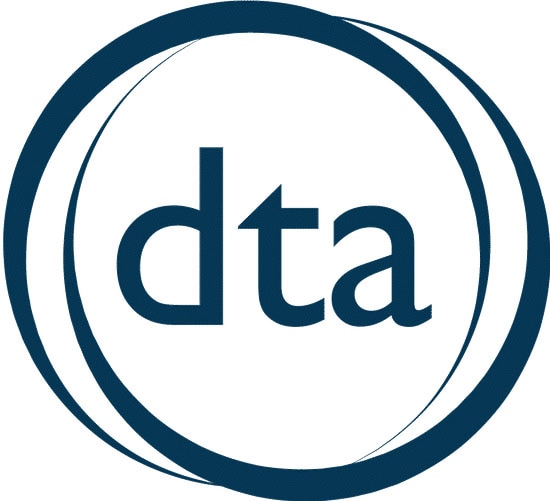- Department of Transitional Assistance
Media Contact
Ryan Dekeon, Communications Coordinator
Boston — Today, the Healey-Driscoll Administration announced that Massachusetts received federal approval to release the final Pandemic EBT (P-EBT) benefits covering school year (SY) 2022 – 2023 and summer 2023. This final payment also allows for P-EBT to children who enrolled in virtual schools not participating in the United States Department of Agriculture’s National School Lunch Program (NSLP) or who began homeschooling in response to the COVID-19 public health emergency during SY22–23. With the federal public health emergency having ended on May 11, this will be the final time P-EBT benefits are issued.
The Families First Coronavirus Response Act established the option for states to administer P-EBT benefits. P-EBT is a federal child nutrition program created during the COVID-19 public health emergency to promote increased food security for students who are eligible for free or reduced-price school meals through the NSLP and missed school due to COVID-19.
“Massachusetts is proud to lead the fight against child food insecurity and promote a healthy environment for youth throughout the Commonwealth to grow and learn,” said Health and Human Services Secretary Kate Walsh. “With the FY24 budget making free school meals permanent and this final P-EBT payment allowing virtual and home-schooled children to receive P-EBT for the first time, both efforts can help increase food security throughout the Commonwealth.”
For the first time, families of students enrolled in home-school and non-NSLP participating virtual schools can apply to receive retroactive P-EBT benefits. The application portal is currently live and will remain open until Saturday, September 30, 2023. Families can visit DTAConnect.com/PEBT to complete the application process. Families must apply during this period to receive these benefits. Payments will be issued beginning on September 25, 2023.
To be eligible for SY22-23 P-EBT benefits for home-schooled or virtual learners, the applicant must have:
- Been enrolled in fully virtual institutions or began homeschooling after January 27, 2020, in response to COVID-19; and
- Met the income eligibility requirement to have received free or reduced priced meals for the NSLP. Please see the income guidelines for SY22-23 listed below.
|
Household Size |
Income Range |
|
2 |
$0 - $33,874 |
|
3 |
$0 - $42,606 |
|
4 |
$0 - $51,338 |
|
5 |
$0 - $60,070 |
|
6 |
$0 - $68,802 |
|
7 |
$0 - $77,534 |
|
8 |
$0 - $86,266 |
|
9+ |
Add $4,720 per additional household member |
On August 25, 2023, eligible Massachusetts children aged 0-5 years received the final, retroactive P-EBT payment of $30 per month for any eligible months from September 2022 through April 2023 and $15 for the month of May.
Children were eligible for SY22-23 P-EBT benefits if they were:
- Under the age of 6 during SY22-23; and
- In an active SNAP case for the corresponding month(s) during SY22-23, including households that received expedited benefits only.
“The federal approval to provide P-EBT to for children under the age of 6 and Home-Schooled and Virtual Learners will have a major impact on DTA’s mission to reduce food insecurity throughout Massachusetts,” said Department of Transitional Assistance Commissioner Jeff McCue. “No matter what learning environment a student is in, they deserve to have access to healthy and nutritious food and with this continued expansion, we will be able to do just that.”
“Access to nutritious and culturally appropriate food is essential for a child’s health, well-being and learning,” said Early Education and Care Commissioner Amy Kershaw. “Our child care providers were a critical support for children and families throughout the COVID-19 pandemic, ensuring access to quality education so families can work, as well as food and other resources to meet the needs of the whole family. These additional nutrition benefits are an important tool in our Administration’s work meet the food security needs of our youngest learners and their families.”
Families will receive final P-EBT payments on the same card they did in the past. Households who lost their P-EBT card can request a replacement card. Newly eligible students will receive P-EBT benefits on their EBT card if receiving DTA benefits or will be mailed a P-EBT card if they do not receive DTA benefits.
Learn more about P-EBT at MAp-EBT.org.
###
